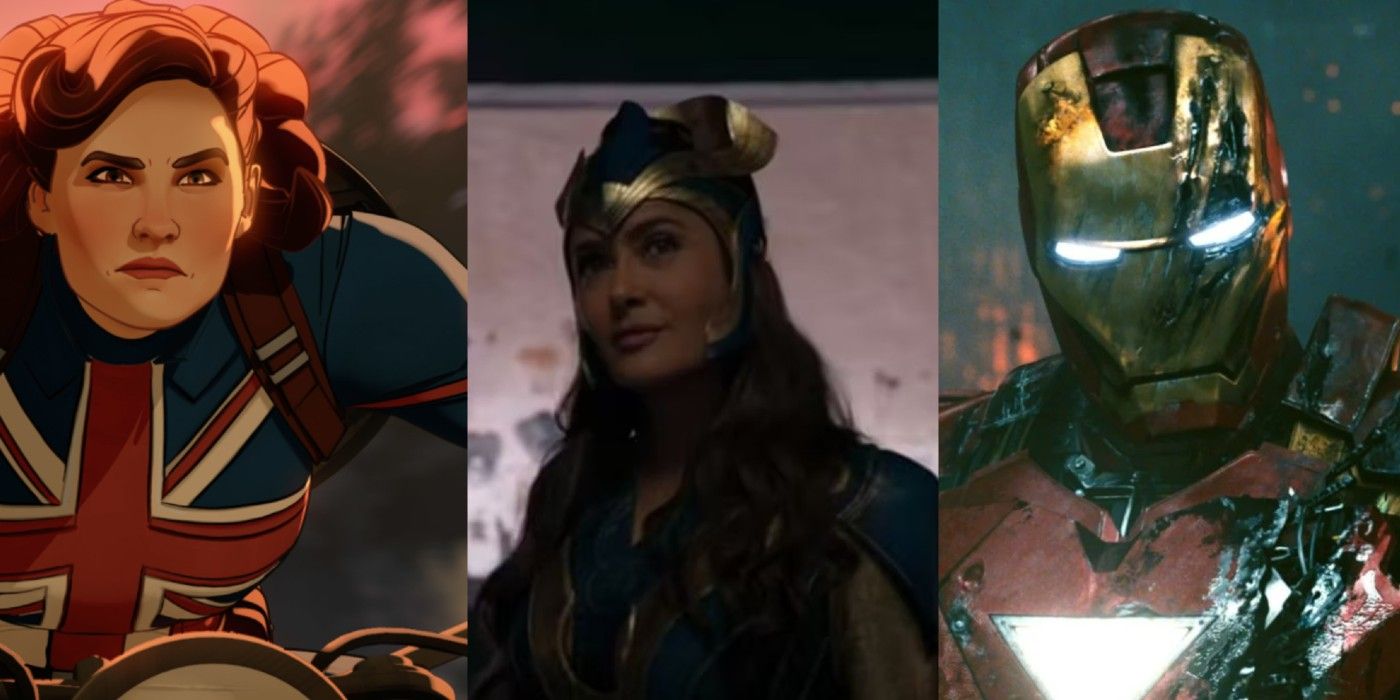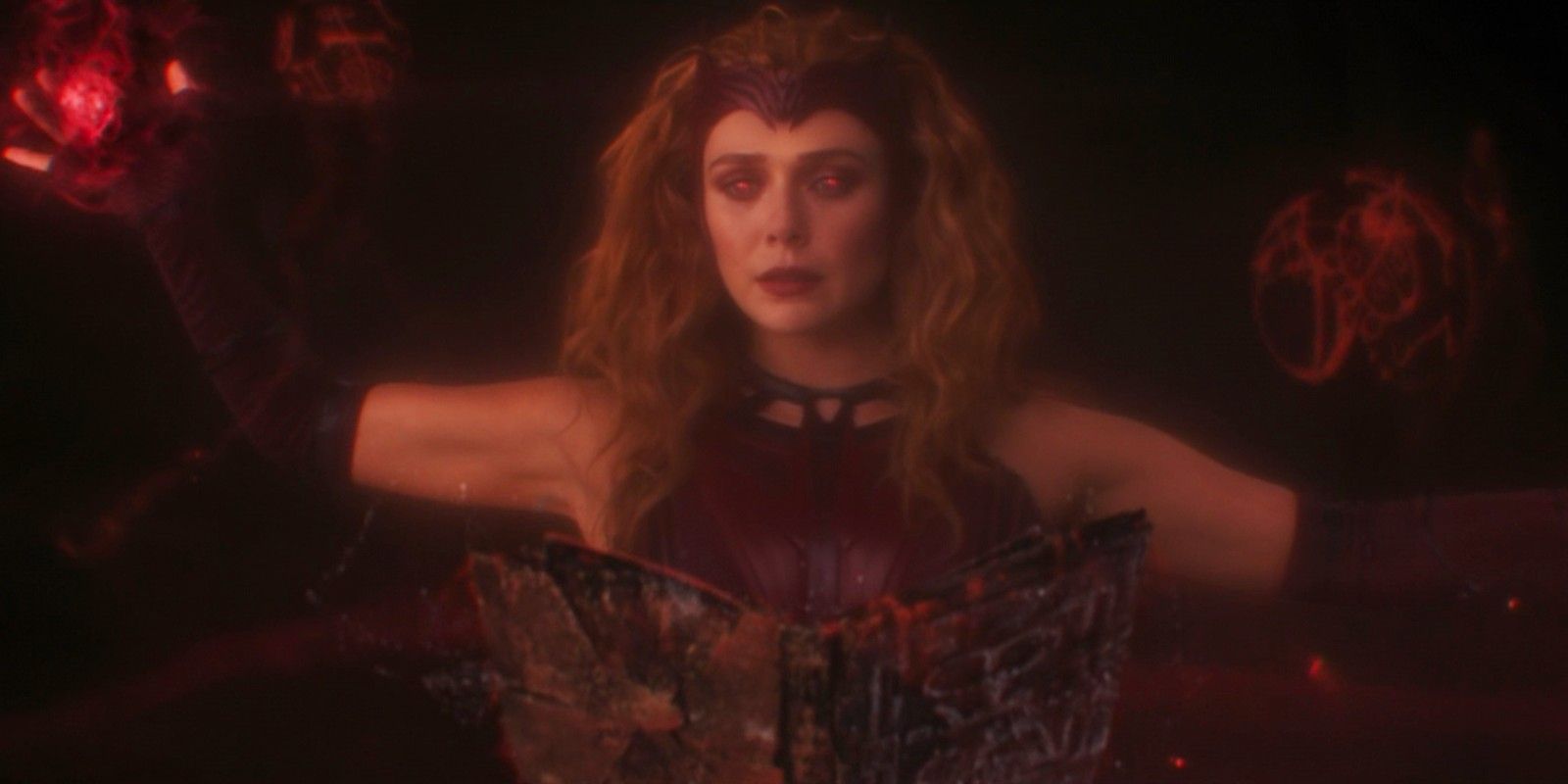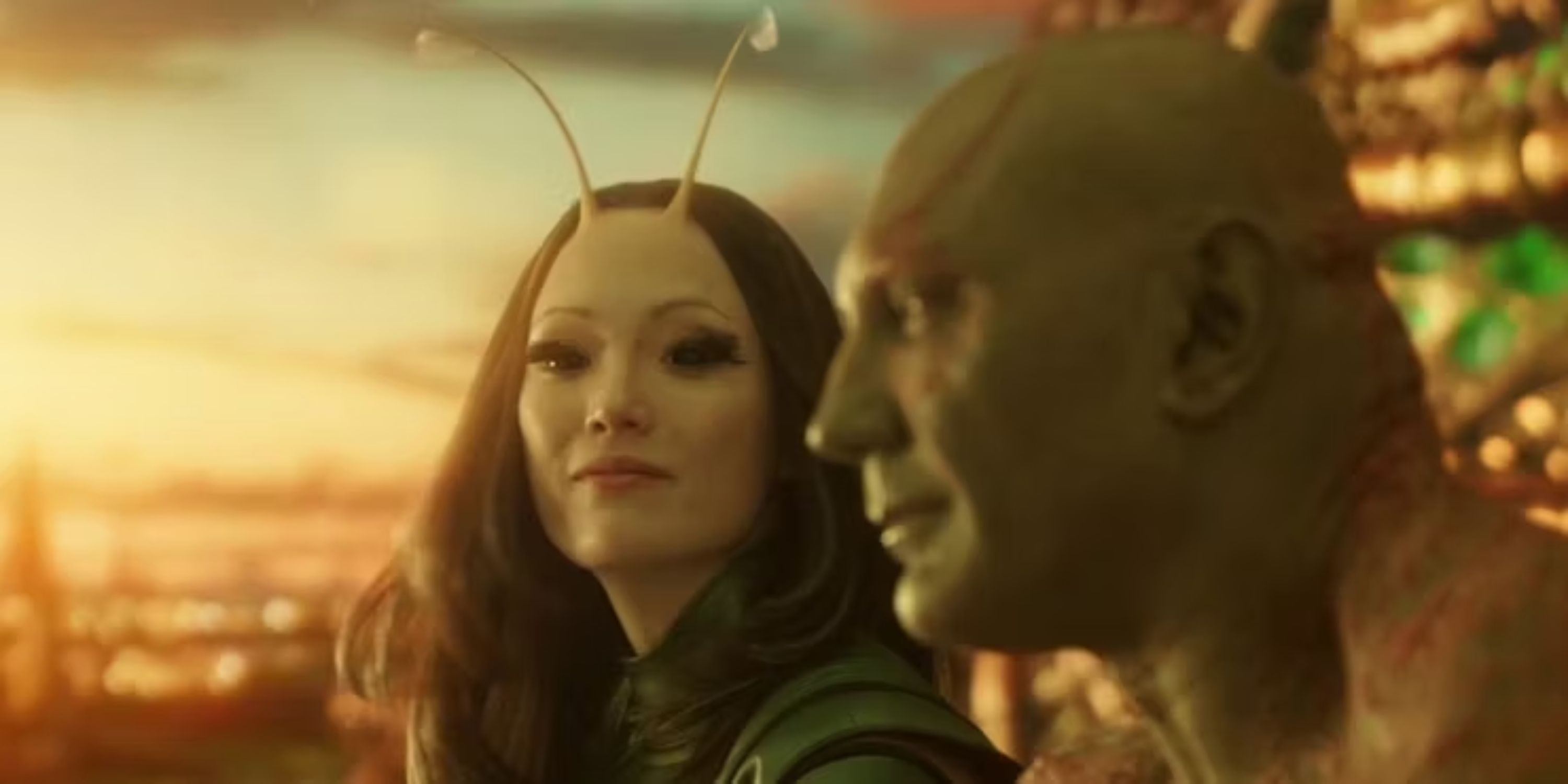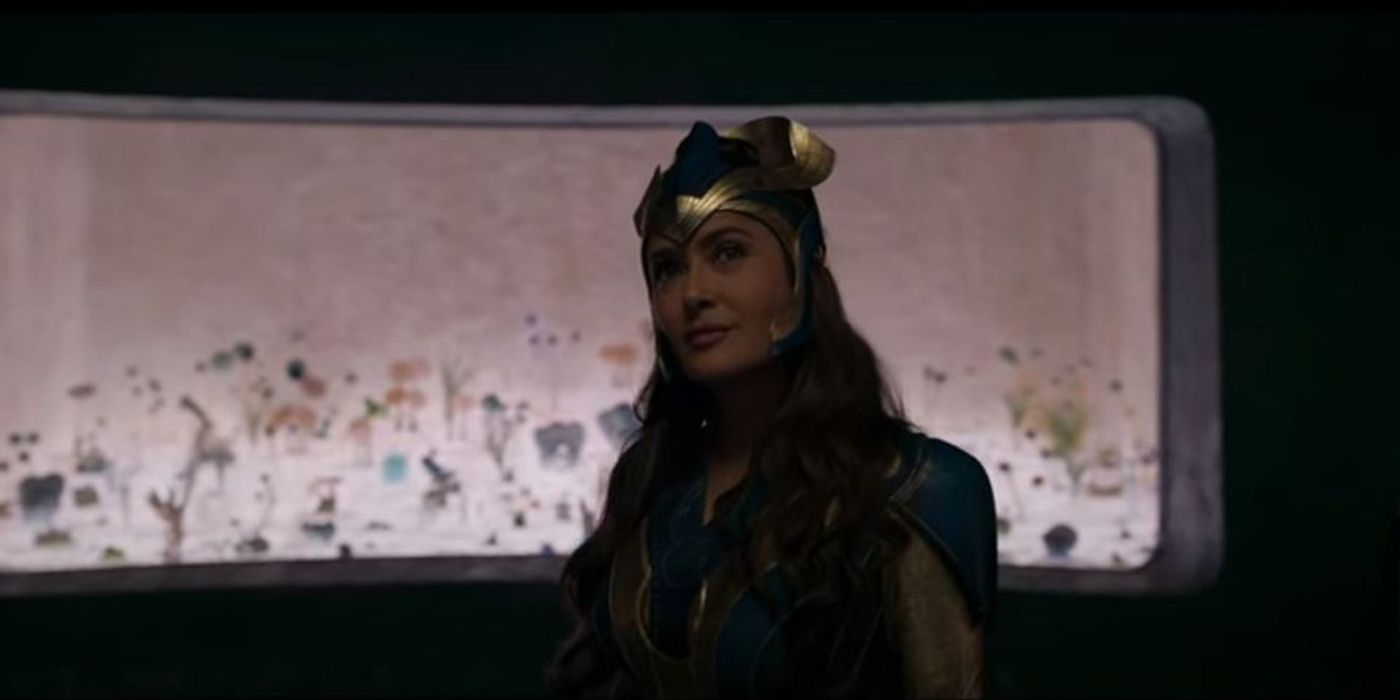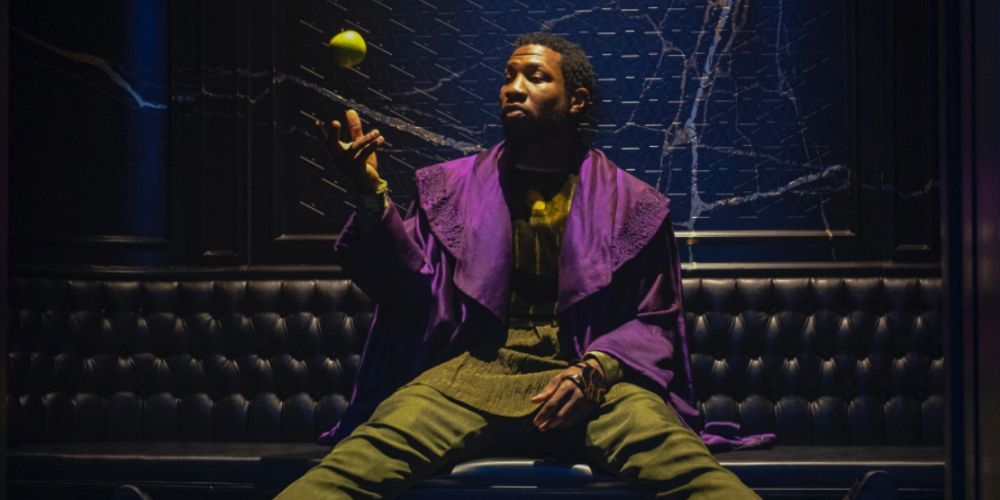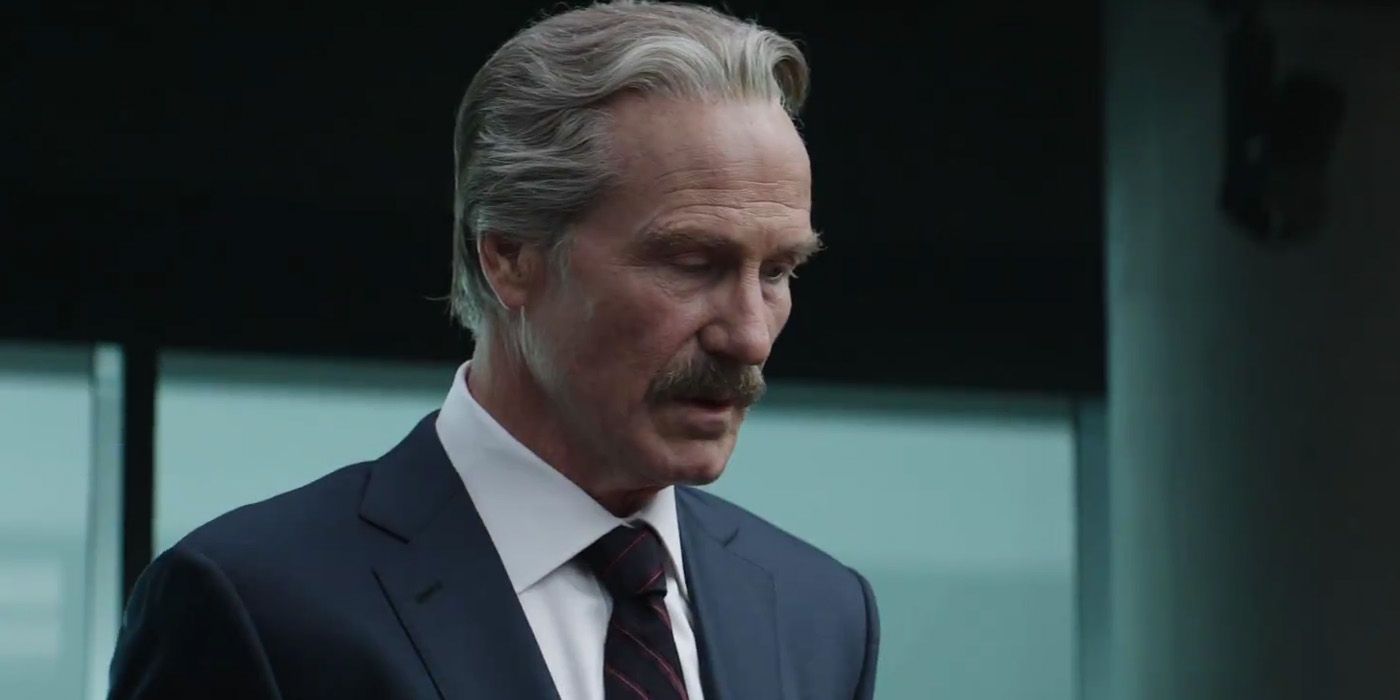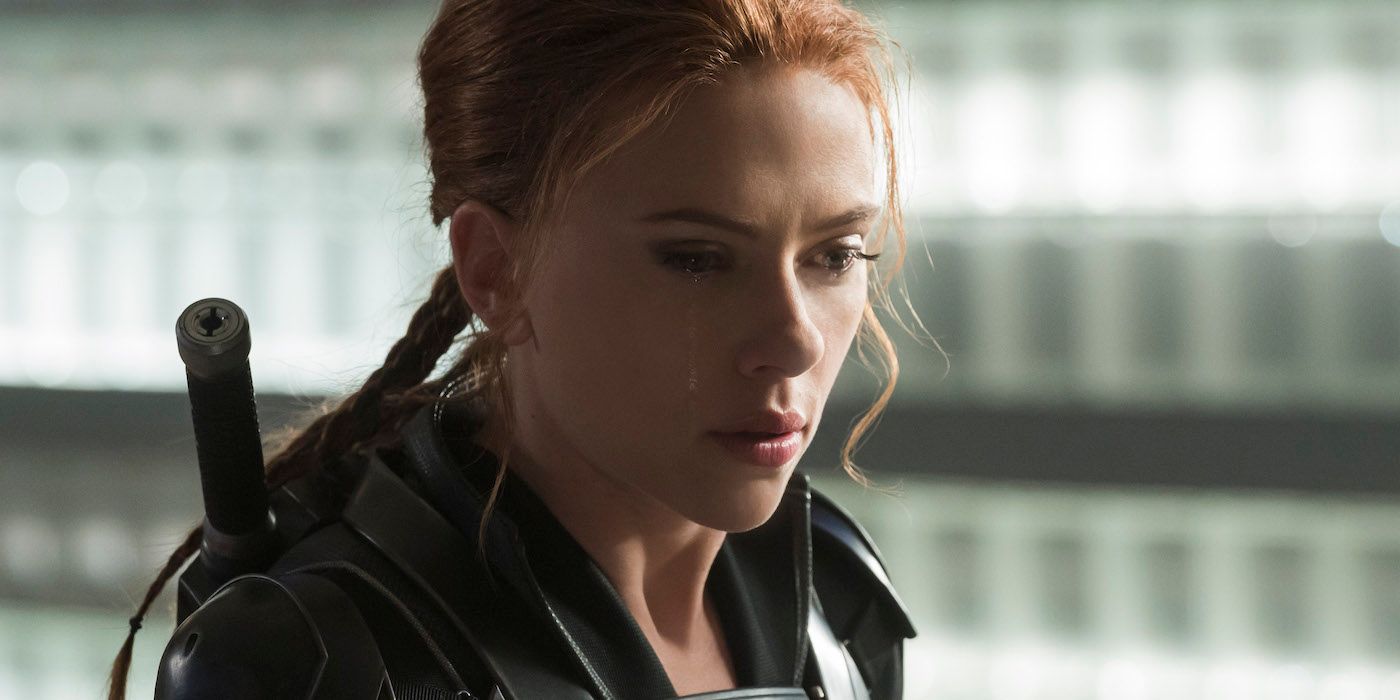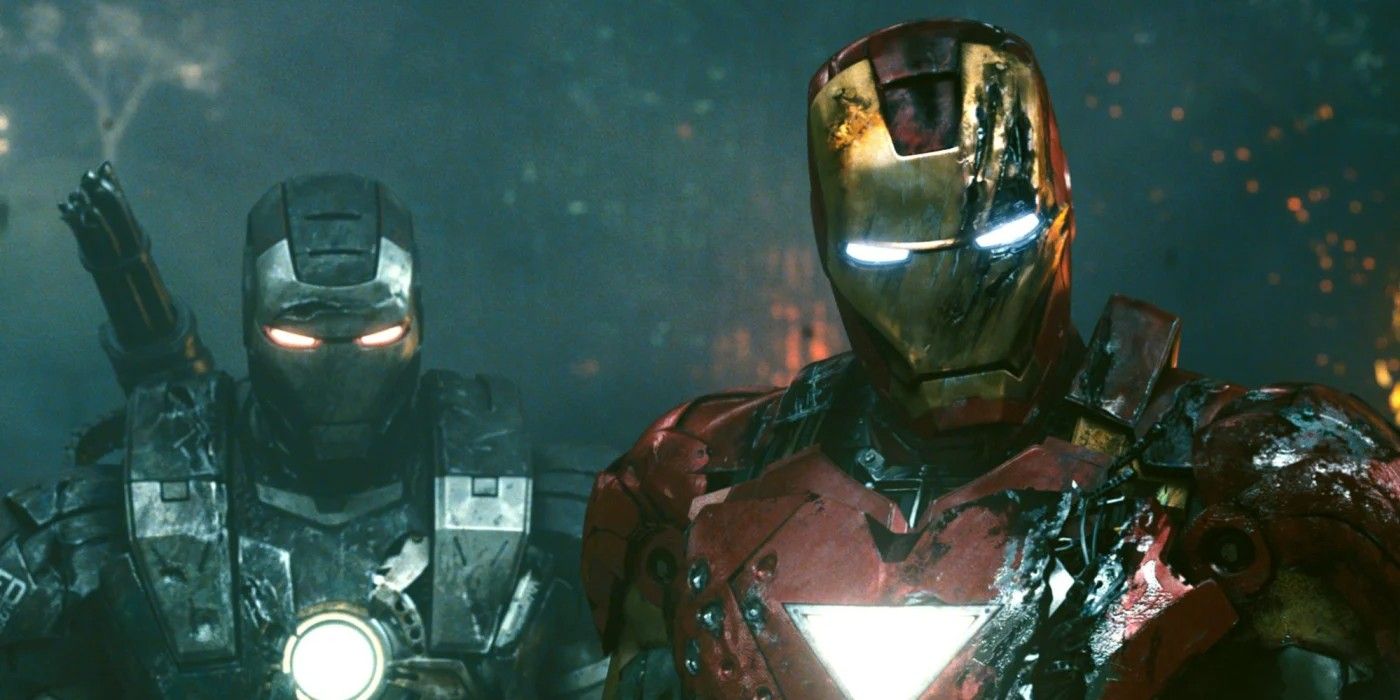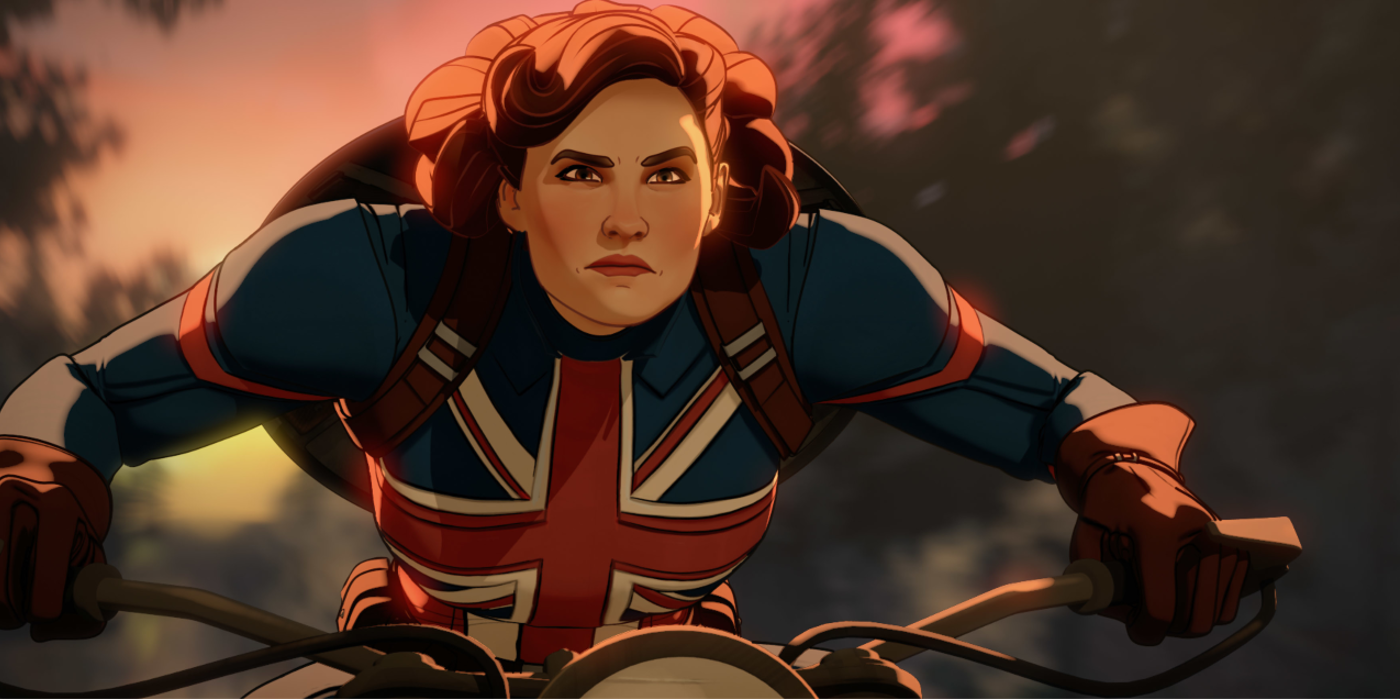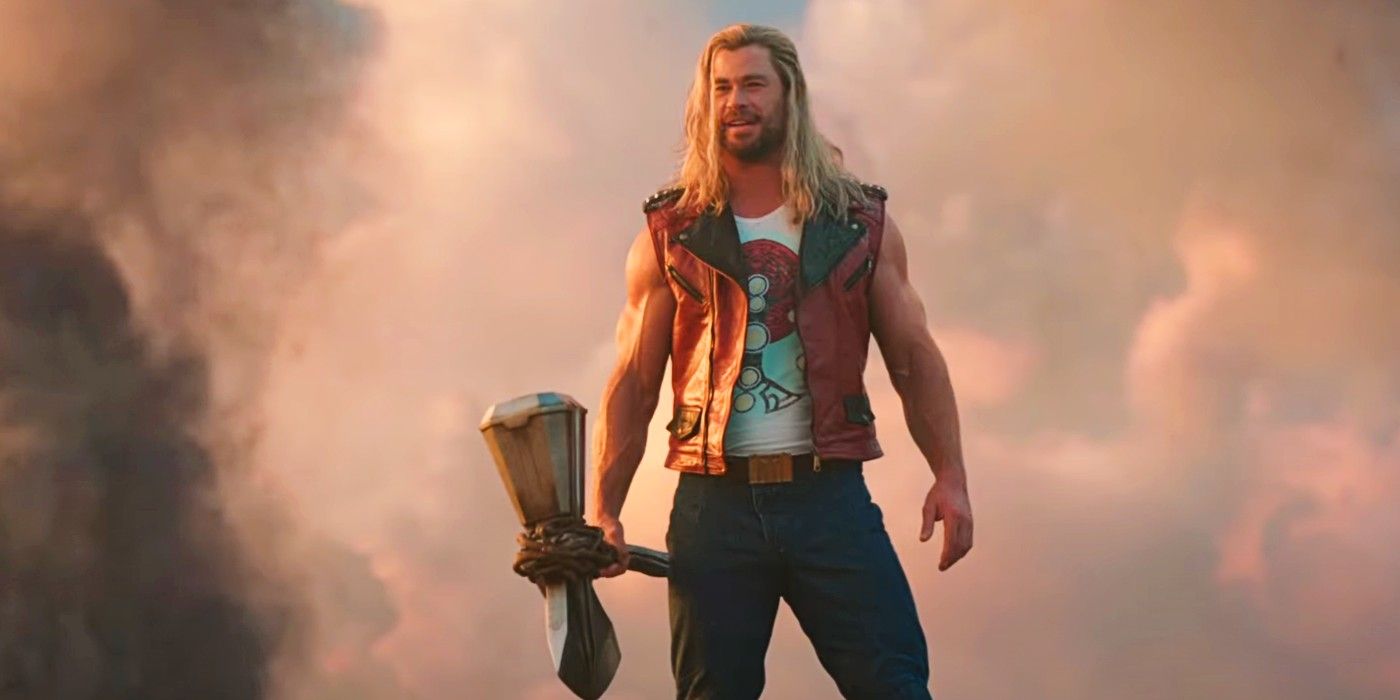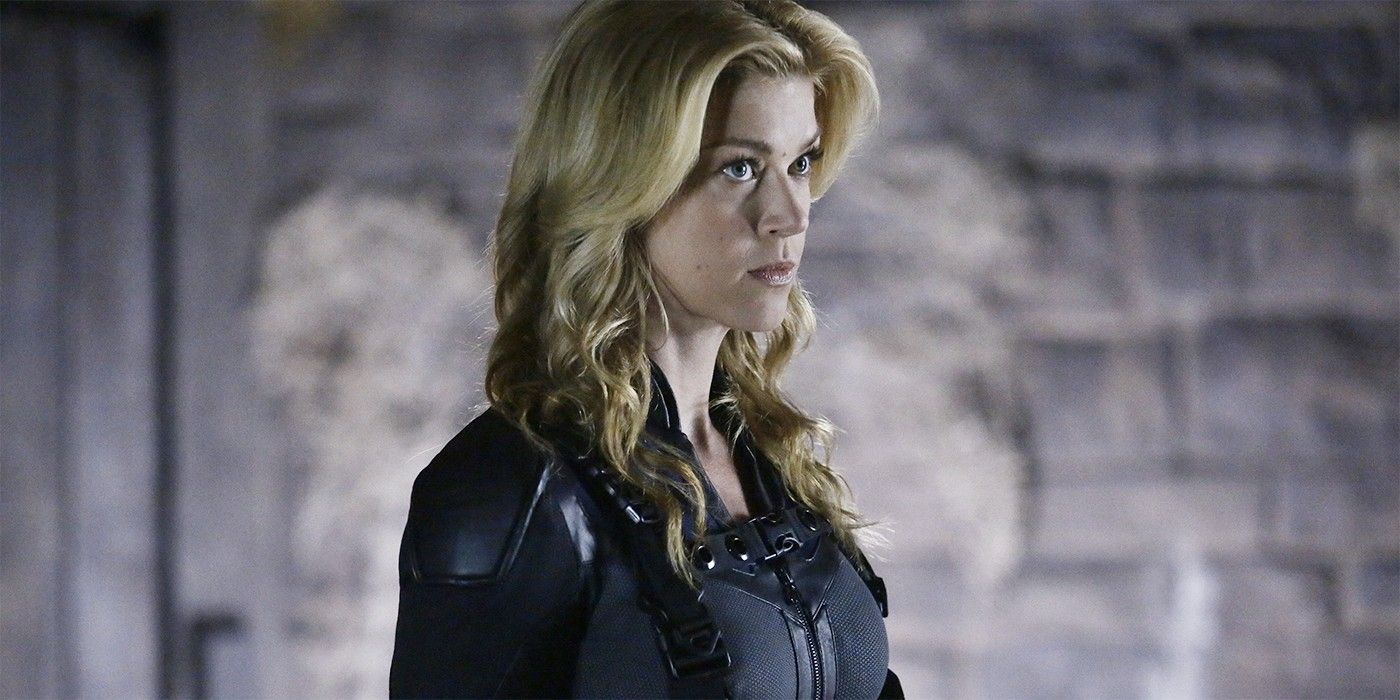The Marvel Cinematic Universe feels like it’s becoming more and more complex with each passing release. Continuity has become a major factor for newer fans to get to grips with, but extending beyond that, more so than ever comic book knowledge has become vital.
Some of the MCU releases are almost inaccessible to those who don’t have some kind of pre-existing graphic novel interest ahead of watching the feature or indeed TV show. Whether it’s to get a deeper understanding of the characters involved, to have a summation of the themes or twists being featured, or perhaps as an indication of the narrative threads that are being adapted, these MCU projects might be far more enjoyable with a little Marvel comic info.
WandaVision (2021)
WandaVision dove so deep into the lore of Wanda’s comic book narratives that newcomers might have been quite confused by all the sudden developments in the character’s life. The show might have dealt with the emotional impact that losing Vision had on the Maximoff twin, which played off of her previous MCU appearances.
But the show also featured her two sons, Billy and Tommy, who comic book fans will know become the Young Avengers Wiccan and Speed respectively. Add in the Agatha Harkness reveal, which meant nothing to general audiences, and hints that the character might be a Mutant, and it’s fair to say some of the twists rely on a love for the print materials.
Guardians Of The Galaxy: Vol. 2 (2017)
The Guardians Of The Galaxy franchise has always flirted between being a superhero romp, an ensemble comedy, and a huge space opera. However, the second movie especially leans into some of the elements that were established in the comics, from even more bizarre characters to major developments within the leads.
Comic book fans were well aware of Peter Quill’s heritage in the source material, although to be fair the movie did shift this to include Ego, the Living Planet (another deep cut). The first film might have included cameos from unknown figures like Cosmo the Space Dog and Howard the Duck, and the second continued this trend by featuring the original Guardians from the page.
Eternals (2021)
Eternals is probably the densest production that’s been featured in the MCU line-up, especially when it comes to reflecting on the mythology of the wider Marvel landscape. A lot of new concepts were introduced here, from the role of the Celestials and Eternals to a wider understanding of the cosmos itself.
So many massive ideas had to be wedged into the movie, alongside developments for smaller characters like the Black Knight, with who only comic book fans would have felt a connection. With a post-credits tease that boasted the voice of Blade and the arrival of both Starfox and Pip, it’s obvious that mainstream audiences might not have a clue who anyone is.
Loki (2021)
Loki was a worthy display of what could be achieved through the Disney+ streaming series. It took viewers through the Marvel timeline, into alternate worlds, and finally opened up the Multiverse. Along the way, it introduced the Time Keepers, TVA, and of course Kang the Conqueror himself.
But the concept of the Multiverse is pretty tough to get a handle on. Non-comic book fans wouldn’t understand the significance of Kang’s arrival, nor would they perhaps get the references to classic Loki or even the godly Time Keepers that turned out to be false. Plus, Sylvie’s variation on the female Loki that comic book fans are familiar with, alongside the appearance of Kid Loki, are really going to appeal to readers of the trickster’s arcs.
The Incredible Hulk (2008)
The Incredible Hulk’s status in the Marvel Cinematic Universe is a complex one but still very much a part of the continuity. Comic book fans are sure to get a lot more out of the release, considering its DNA doesn’t feel that similar to the majority of other Marvel Studios releases.
Thunderbolt Ross and Betty Ross are such vital characters in the comics, but the latter has never appeared in live-action since and the former only recently became more prominent. The same can be said for cameos like Doc Samson, alongside the origins of The Leader and Abomination’s own narrative (which will finally pay off in She-Hulk). Ultimately, there was a lot going on, but very little of it would have totally hit with those unfamiliar with the source material.
Black Widow (2021)
Black Widow as a character is so firmly established on the big screen, that a spinoff movie seemed like a surefire success. Comic book fans know of her other family though, the other Widows, and indeed her relationships with heroes like Winter Soldier. The movie tapped into a lot of these themes and connections.
Taskmaster was a pale resemblance to what comic book fans knew though and didn’t get much development. The Winter Guard, with the likes of Red Guardian and Iron Maiden, also appeals to previous readers, and Yelena’s journey to becoming Natasha’s successor could be seen from a mile off for those paying attention. It’s enjoyable without comic book knowledge but definitely enhanced with it.
Iron Man 2 (2010)
Iron Man 2 was a bit of an experiment for Marvel Studios and certainly cemented the legacy of the MCU moving forward. But there was a lot to contend with, tying in themes and characters from the comics that never got a full chance to actually get expanded on within the runtime of the film.
Whiplash might have been the most intriguing part of the film, as Black Widow’s introduction was rushed, Nick Fury’s subplot with the Avengers Initiative was sidelined and the Demon In A Bottle story was essentially non-existent. Comic book fans would have pieced together all these clues and enjoyed the general direction it was going, but mainstream audiences would not have totally understood the significance of all of it.
What If…? (2021)
What If…? Might just be one of the most comic booky TV shows that Marvel has actually released. Diving into the Multiverse meant that the graphic novels could be explored deeper than ever, with Variants, new beats to touch on, and different worlds to journey through.
The result was a thrilling piece of animated television that went from the Marvel Zombies world into the realms of The Watcher; Uatu of course being of the utmost importance in the comics. As a twist on the previous phases, it worked for general viewers, but those in the know would have surely noted the touchstones that What If…? drew from.
Thor: Love & Thunder (2022)
Thor: Love & Thunder was quite ambitious in its attempt to throw together a couple of different stories from the comics. The Mighty Thor’s run, the Unworthy era, and the villainous God Butcher’s arcs were all combined here for a massive blockbuster of huge proportions.
Comic book fans know the general curves of this narrative wave though and understand some of the intricacies of the characters themselves. The addition of the Olympians and other deities only further drove home the idea that this was a real feast for those who love the godly side of the Marvel Comics universe.
Agents Of S.H.I.E.L.D. (2013-2020)
The status of Agents Of S.H.I.E.L.D. in the MCU is a little confused, but hardcore fans have really come to appreciate just how much the series deviated from traditional superhero storytelling on the small screen and instead took on some of the tropes and trends of the comics books.
The introduction of Robbie Reyes and the Darkhold, the impact of the Inhumans, and a dive into teams like the Secret Warriors, or organizations like Hydra, ultimately ticked every box that a fan might be looking for. The diverse storytelling and the risks that the show took felt a little inaccessible to people not invested in the comics, although the very human arcs of the characters helped to bridge that gap.

